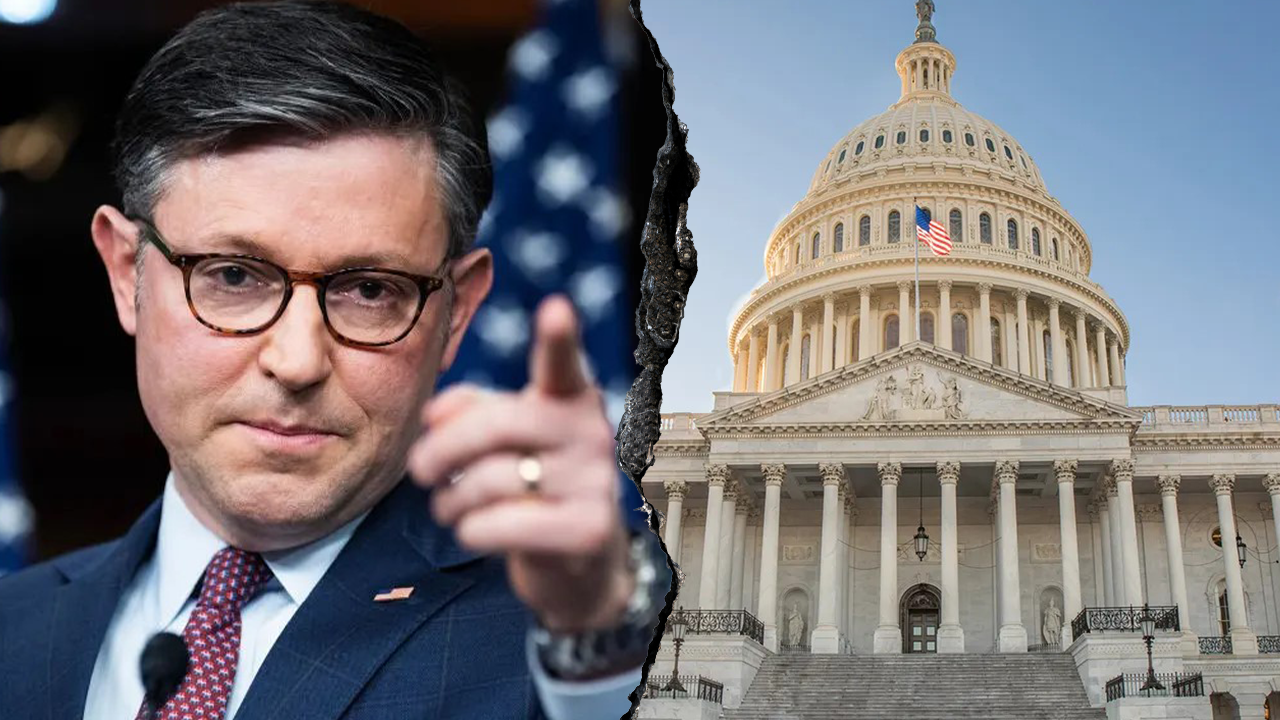The events of October 7 – and the subsequent brutal aggression, crimes of genocide and political genocide, and systematic ethnic cleansing by the Israeli occupying state against the Palestinian people in Gaza – had a sharp impact on all political, popular, media and legal levels in Western Europe, which is considered a real political earthquake by many standards. It will have strategic effects on the course of European dealings with the Palestinian issue in both the near and distant future.
We understand these effects in the context of the strategic and strong relationship between the occupying state and Western Europe at the continental, federal, and regional levels, and to varying degrees. This comes – historically – in all areas of life, starting with the decision to establish the state more than a hundred years ago, then working to establish it and establish its foundations, especially since it is located in a generally hostile environment, as well as ensuring its development, stability, and continued strength in the region throughout the 76 years of its existence.
The occupying state has become an integral, organic part of the European fabric in all aspects of life. It has a special place in all dimensions, even social, cultural, and other detailed fields. It is present in terms of its strong support in official and private media platforms. Europe is considered par excellence a natural extension of the occupying state.
Unlimited support
The evidence in this context is too numerous to count, including special trade agreements and privileges, military support and technological support, the presence of the occupying state in all sporting and cultural competitions with full capacity and without interruption or protest from anyone, and the size of the presence and depth of influence of the Jewish minority in various European countries and their influence on political decisions. And the media presence, and to be candidates whenever they wish as immigrants to the occupying state (within the Jewish Law of Return), in a way that feeds the nerve of the state in the demographic dimension and its extensions in all sectors, including the army, and what this means of complete European immersion in the conflict and being face to face with the Palestinians.
On the other hand, the development of Palestine’s presence in terms of supporting the justice of its cause and in many forms has become noticeable. The presence of the Palestinian minority in numbers and its distribution throughout the geography of the continent, especially Germany, Sweden, Denmark, Britain, Belgium and the Netherlands, with different statistics regarding their number and estimates range from half a million to seven hundred thousand, and the same is true for the minority. The number of Arab and Muslim people reaches 30 million Arabs and Muslims, and the growing movement to support Palestine by the indigenous European peoples, as many factors led to this and its effects and influence became clear, especially the boycott movement.
With all of this, there has become a clear formation of two camps: a Palestinian and an Israeli on a European scale, with their different weight and influence. This has produced a disciplined debate and conflict under the roof of the law, which is declared and appears in many and varied forms and is regulated by European laws and the state of law.
New positions
Therefore, the conflict that is occurring in occupied Palestine is a local European affair par excellence and its repercussions are direct and immediate. This has already been evident over the past hundred days of aggression against the Palestinian people in the Gaza Strip, and its trend has fluctuated up and down on both sides of the conflict in all open and available areas in order for each party to feed its narrative. Each camp began to strengthen its position in its areas of influence, reflecting its extended convictions in attempts to penetrate the other’s spaces.
Here it is worth noting that European interaction has two dimensions: They are: official and popular, and there is a growing distance between them in general in terms of justice for Palestinian rights.
On the political level, the official European collective position – at the level of the European Union, as well as many countries at the national level, most notably Germany – identified to a large extent with the occupying state by giving it every right to defend itself without borders, and this was reflected in the European Parliament’s near-unanimous vote on October 19. October of last year 2023, with a majority of 500 votes against, 21 against, and 24 abstentions, as it gave cover to the operations of the occupying state.
The position wavered slightly after the horror of the massacres and other factors until “the right of response was recognized, taking into account international humanitarian law in protecting civilians, while remaining firm in not supporting the cessation of aggression and the entry of humanitarian aid without conditions.”
Due to many factors, most notably the brutality of the aggression and its disastrous effects, as well as the European popular solidarity movement, European countries – individually – took a position that distanced themselves from the collective European position. Such as Spain, Belgium, and Ireland. The French position took a new form, far from the absolute political neutrality of Germany, and this appeared in the Security Council vote. In support of the Arab draft resolution that was thwarted by the American veto.
The same is the case outside the European Union in Norway, and we recall here the press conference of the Prime Ministers of Spain and Belgium in front of the Rafah crossing, demanding the entry of aid, as well as the historic vote on November 15. To expel the ambassador of the occupying state from Dublin, which received 55 “demanders”, compared to 85 “rejectors”, in a remarkable strategic convergence.
Cracks in the European position
The official position of the European Community at the European Summit – the middle of last month, December – ended with its failure to issue a specific statement on what is happening in Palestine, limiting itself to indicating in the general statement that a dialogue had taken place about the Middle East. This reflects differences and differences in positions, which in itself is positive.
Accordingly, we consider that the political outcome gave points in favor of Palestine and that there were clear cracks in the European political wall on which the occupying state relies.
It is important to stop at popular stations and activities throughout the continent that were directed directly to politicians, communicating with them and influencing them, whether at the government or parliamentary level.
There were demonstrations, sit-ins, vigils, and events, as documented by the European Palestinian Information Center, with more than 6,000 activities in more than 400 European cities in 15 countries other than Britain during the first 90 days of the outbreak of aggression, with the demonstrators being diverse across different races, cultures, political backgrounds, and ages. The demonstrations are still growing and expanding. Solidarity activists in Spain have announced the organization of demonstrations next Saturday, January 20, in 67 cities in parallel. Thus, the scenes unfolding in European streets were reflected in the media to have a great political impact.
Solidarity activists adopted forms that stormed public life in Europe, and here we mention the spontaneous strikes at train stations, most notably the Netherlands, where they were repeated on several days apart, such as the demonstration scene in nine stations at the same time and in parallel. As well as political petitions, such as the Danish petition demanding an end to the aggression, which was signed by 80,000 people, and there is the European medical sector and its active involvement in demonstrating and supporting the stricken medical sector in Gaza, and the white coat marches that spread across Europe.
Media transformation
The demonstrators did not care about any circumstances or obstacles preventing the continuation of their activities. In the context of the popular effort, we refer to the campaign launched by the European-Palestinian Council for Political Relations, based in Brussels. To mobilize supporters of the Palestinian right to prepare early for the European Parliament elections expected next June, and for Palestine to be present before the candidates.
On the media side, the European visual, audio and written media reflected what was happening in Gaza, reported the aforementioned demonstrations and turned to giving them a positive, objective dimension. On the media side as well, the European media has moved significantly closer to the Palestinian narrative, and here we mention the detailed report issued by the German newspaper “Süddeutsche Zeitung” on December 8, about the martyr, Dr. Youssef Jadallah, of German nationality, who was on vacation in Gaza, and was martyred. He, his wife, and his three children, and nothing like that was expected at the beginning of the aggression. We focus on the new media and social media platforms and their positive revolutionary impact in favor of the justice of the cause, especially with the involvement of the new generation of young people in large and professional numbers.
The Palestinian narrative also began to impose itself on the Western media. The South African file in The Hague – in defense of the Palestinian people – had a huge impact, as it dominated the media scene with power and distinction. An example of this is the BBC English page, which summarized the judicial file by the South African delegation with the sentence: “The will of the Israeli officials.” By destroying Gaza.
This brings us to the legal side of the issue. On the side supporting the occupying state, there are those who went to “legalize” support for the occupying state and limit and push back the Palestinian solidarity movement. The most prominent example of this is Germany’s position, which went so far as to issue laws to obtain citizenship. Provided that a clear position is declared by the applicant towards the occupying state.
On the other hand, the movement in solidarity with the Palestinian grievance in the legal field took advanced, positive forms. We mention among them the International Legal Alliance, to which hundreds of jurists joined, and whose complaints were submitted to the International Criminal Court on behalf of the families of the victims. Here we point to an important element, which is the presence of hundreds of Palestinians from Gaza who are European citizens, which constitutes a judicial factor pressing them to file complaints, including those who lost dozens. From their family members of the first degree of kinship.
In the same field, the Republic of South Africa came with its plea in the International Court of Justice and its comprehensive file to ensure that the case has a reliable reference in terms of describing the crimes of murder, genocide, ethnic cleansing, destruction and displacement, in numbers, and to support this through the presence of prominent legal figures, so that South Africa would thus seize the political imamate. In defense of the Palestinian cause globally, it forces all those concerned with the issue – and on some levels – to line up behind it in trust.
We conclude that, 100 days after the aggression on Gaza, the issue gained political, legal, popular, and media attention, and the Palestinian narrative found its way into the European collective conscience, which requires real investment by the Palestinian people and their supporters.






